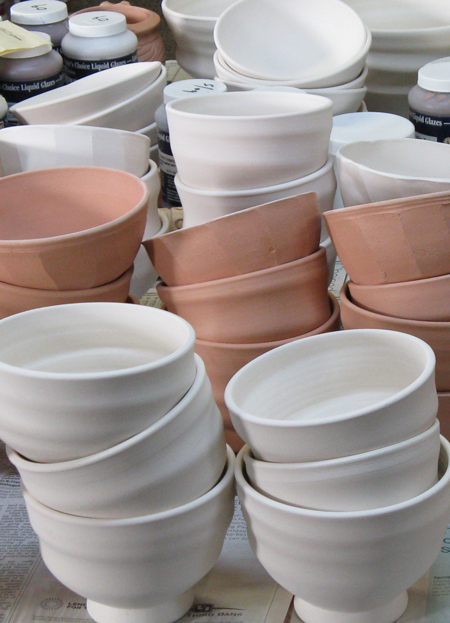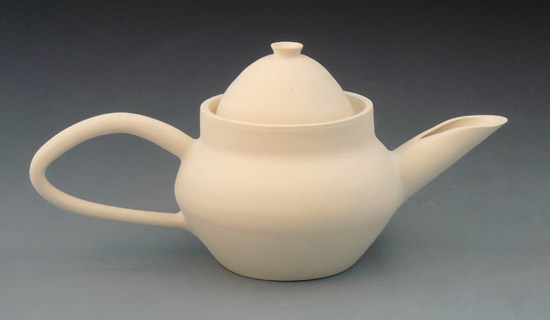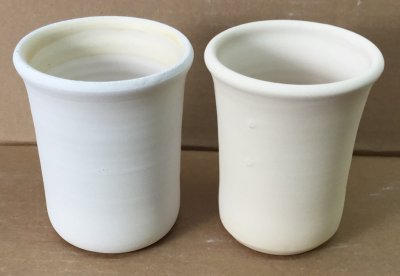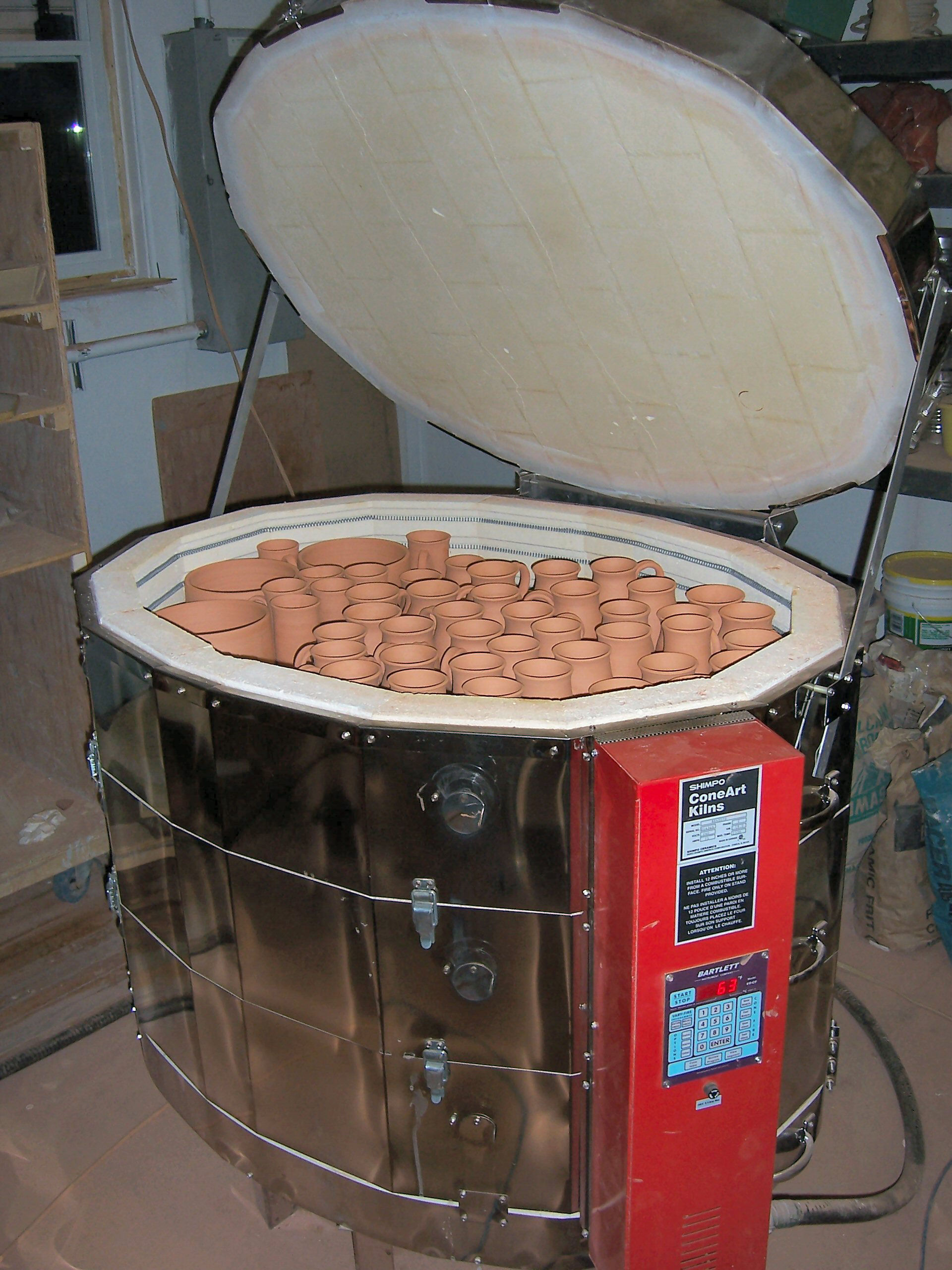Bisque Ceramic Meaning

Biscuit also known as bisque refers to any pottery that has been fired in a kiln without a ceramic glaze.
Bisque ceramic meaning. This can be a final product such as biscuit porcelain or unglazed earthenware often called terracotta or most commonly an intermediary stage in a glazed final product. A rich creamy soup made from meat fish or shellfish. Bisqueware is the term for pots that have been bisqued fired for the first time. Definition of bisqueware.
Bisque is a true ceramic material although the clay body has not yet reached maturity. Bisque 1 bĭsk n. This is actually fired at a low temperature which means that it still has some extra firing in it. To bisque is to fire the clay for the first time.
This stage is also sometimes called biscuit or bisc. The pots may also be called biscuit ware. Biscuit porcelain bisque porcelain or bisque is unglazed white porcelain treated as a final product with a matte appearance and texture to the touch. A pale orange yellow to yellowish gray.
Biscuit ware george ohr produced bisque unglazed pottery throughout his career. In the more distant past the word bisque encompassed soups made from quail or pigeon sometimes with chunks of crayfish meat added. Bisque definition a thick cream soup especially of puréed shellfish or vegetables. However more recently in the culinary world it has become quite common to see the word bisque used to describe any puréed soup whether made from crustacean or vegetable cream based or thickened with roux.
A thick cream soup made of puréed vegetables. Typically the stage of this firing is called a biscuit or bisc and in turn is essentially a pottery piece being fired once. For his bisqueware ohr mixed clays of different natural colors into a subtle swirl or marbleized pattern. Now bisque is often considered a true ceramic even though the clay body isn t fully matured.
Antiques roadshow insider 1 june 2011.


















